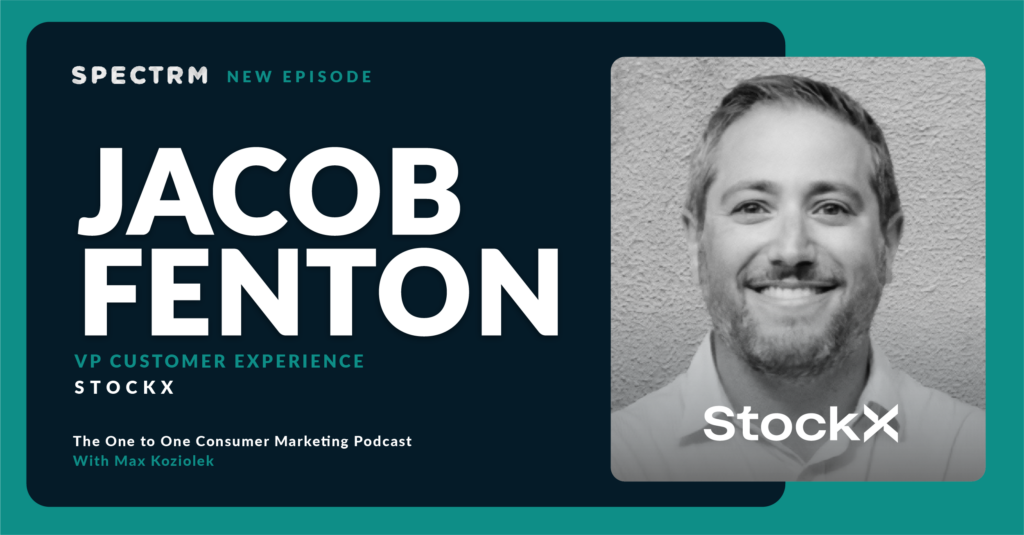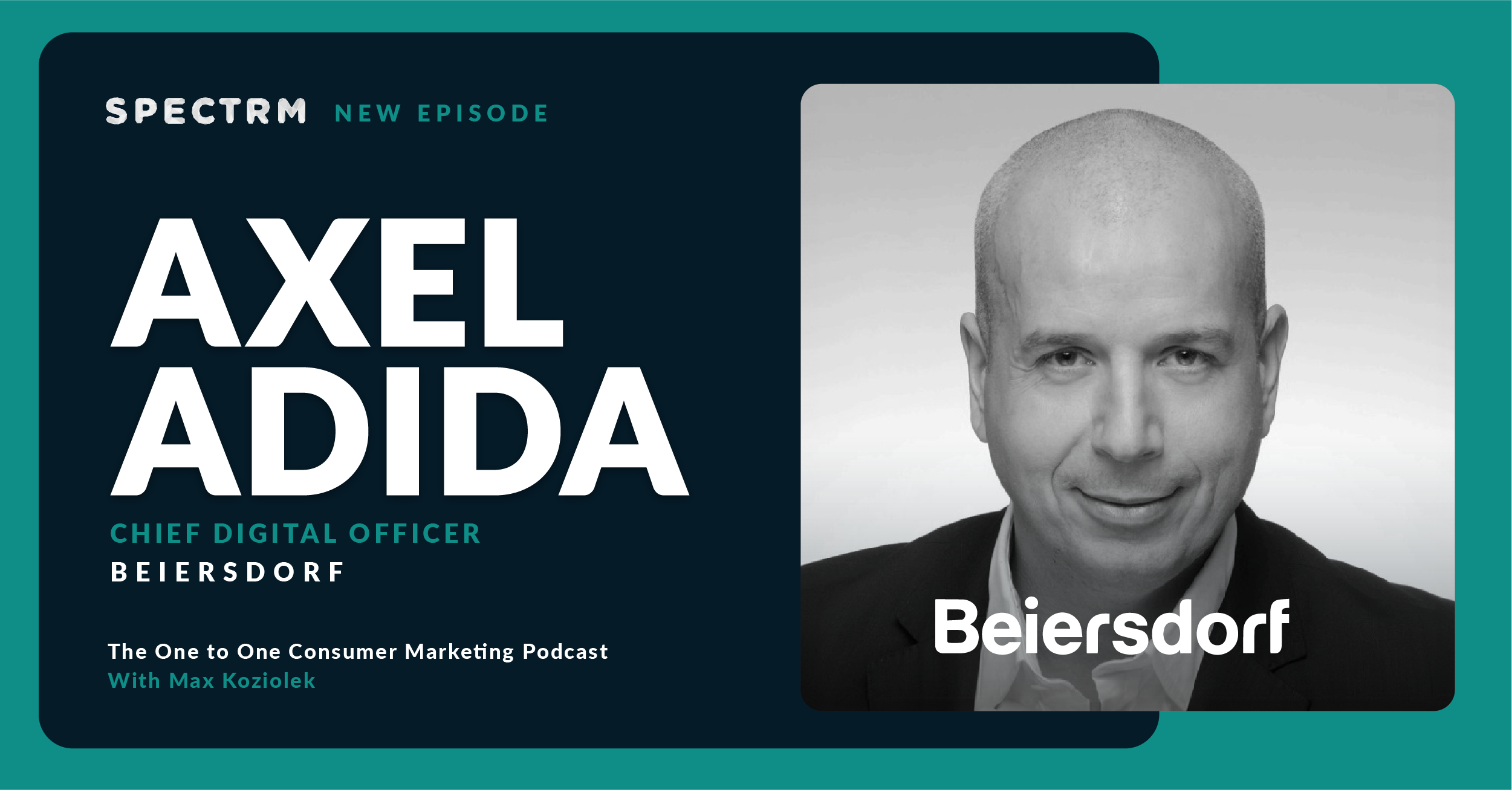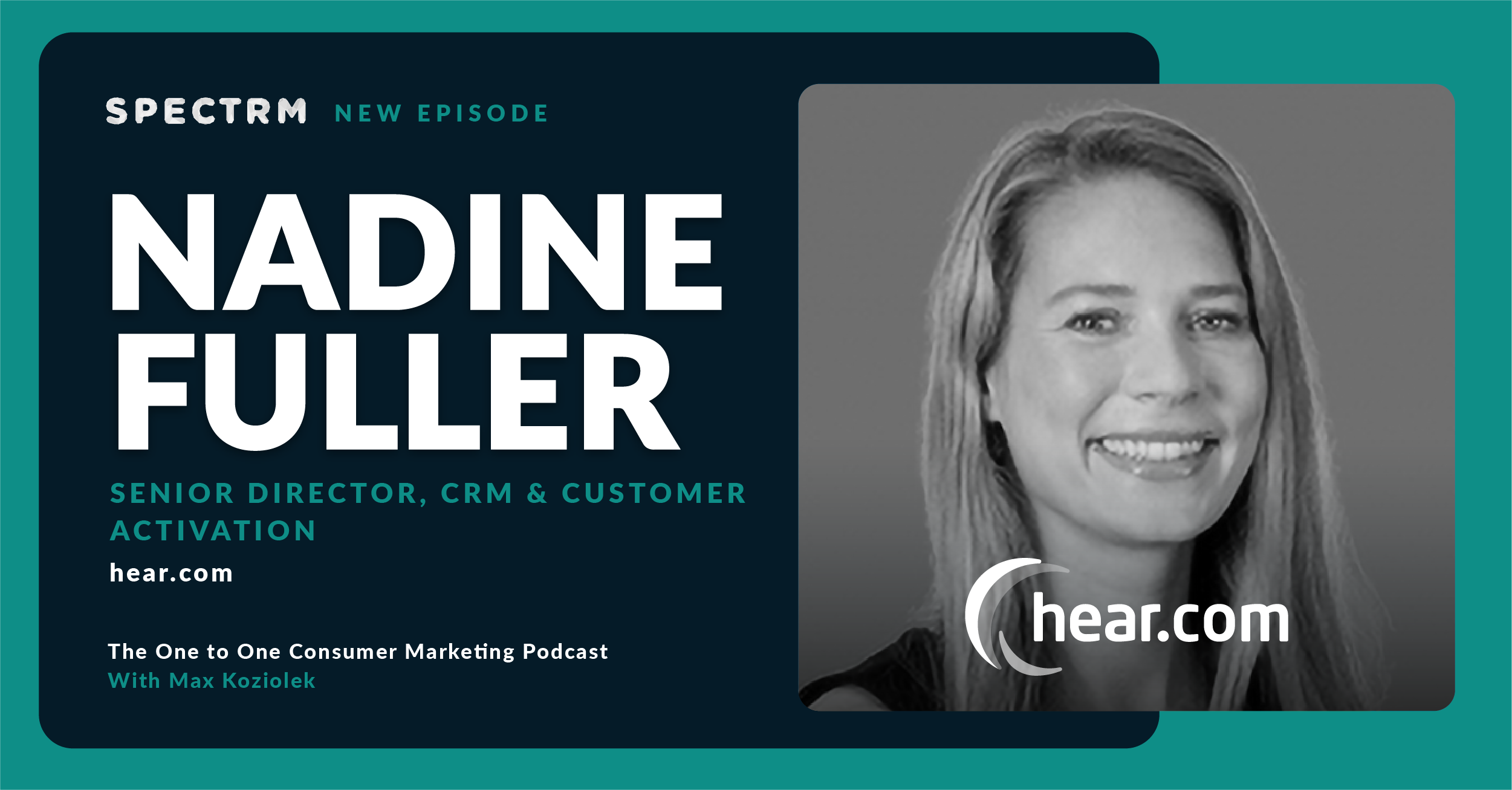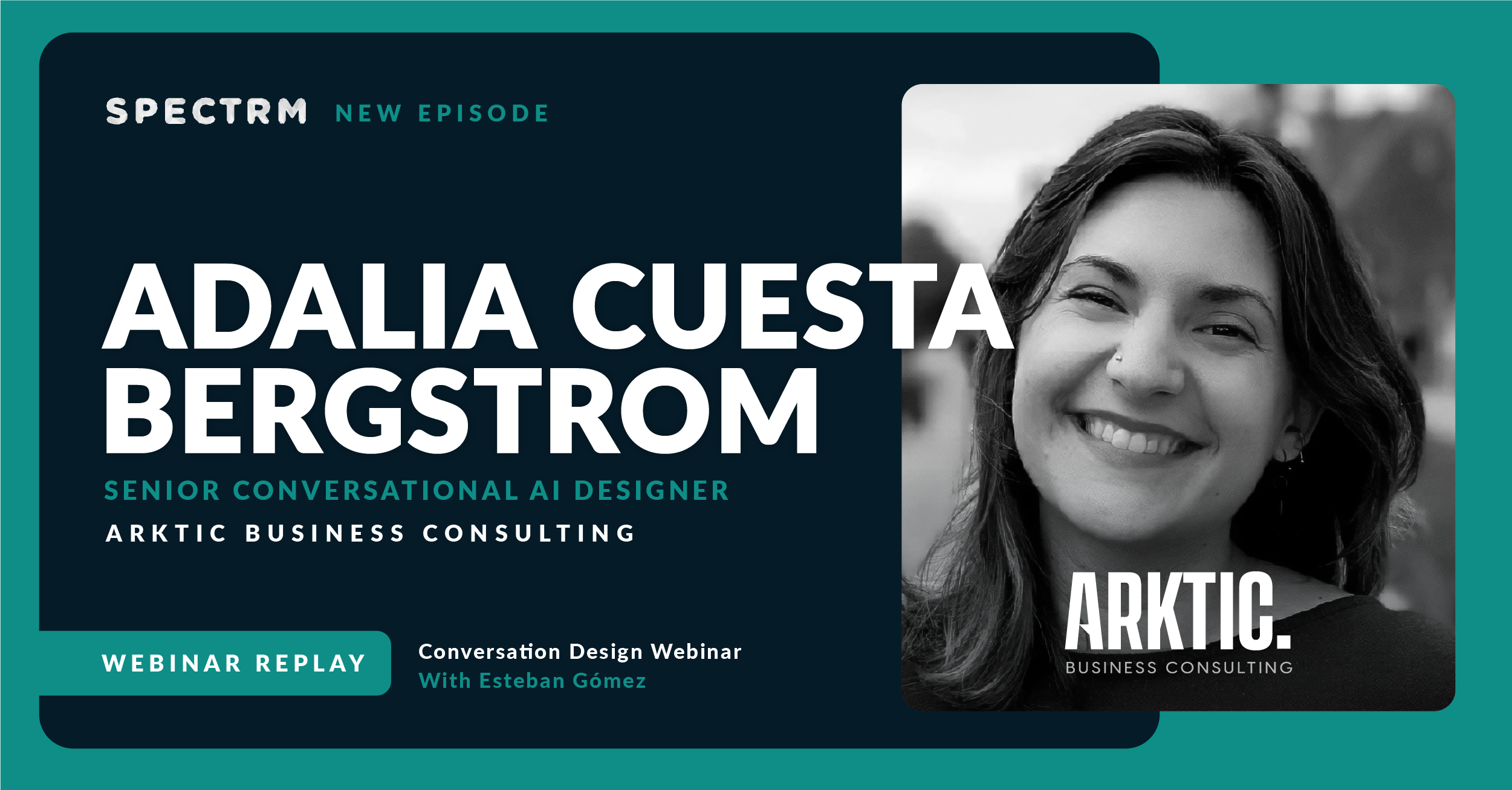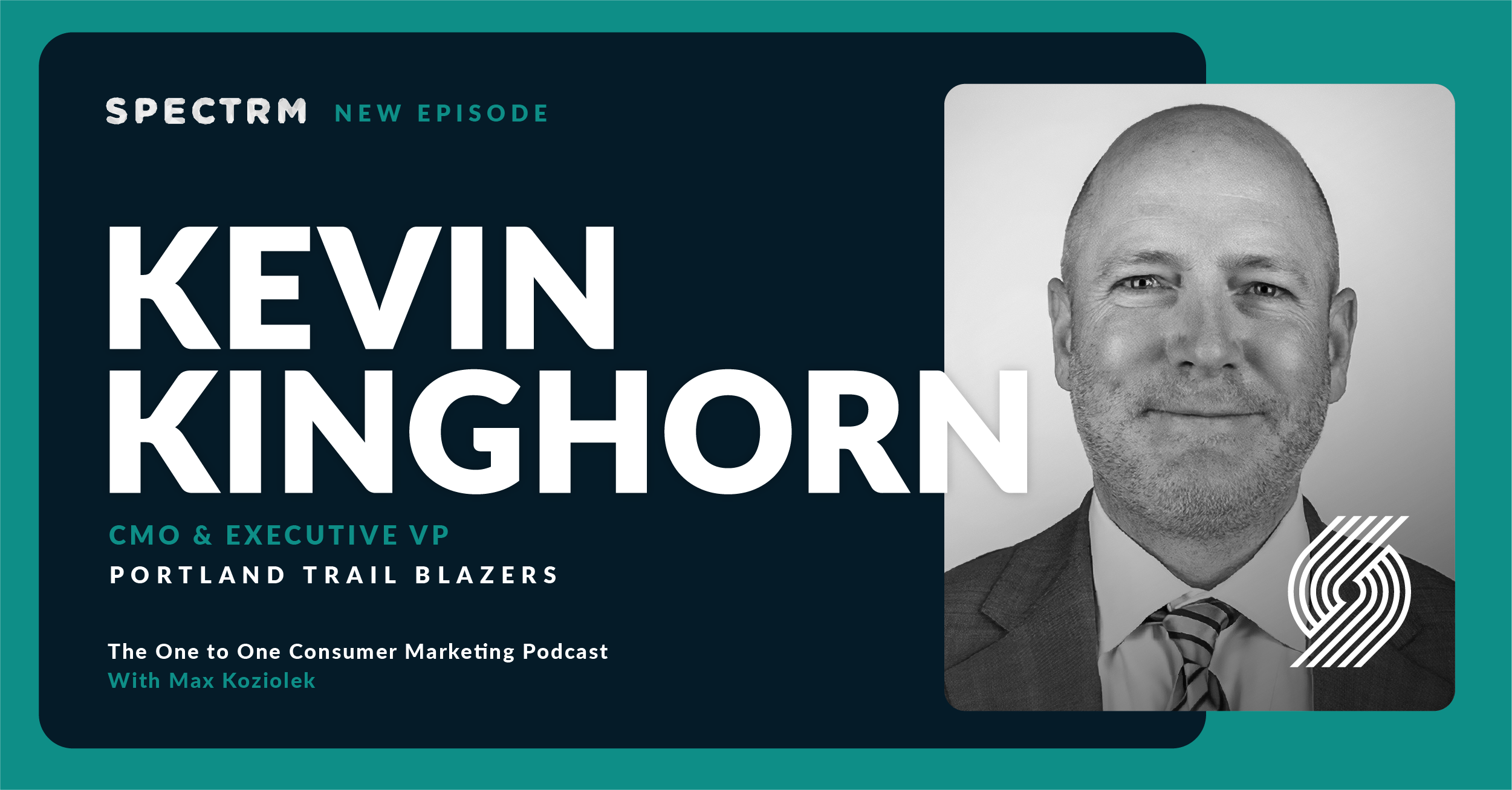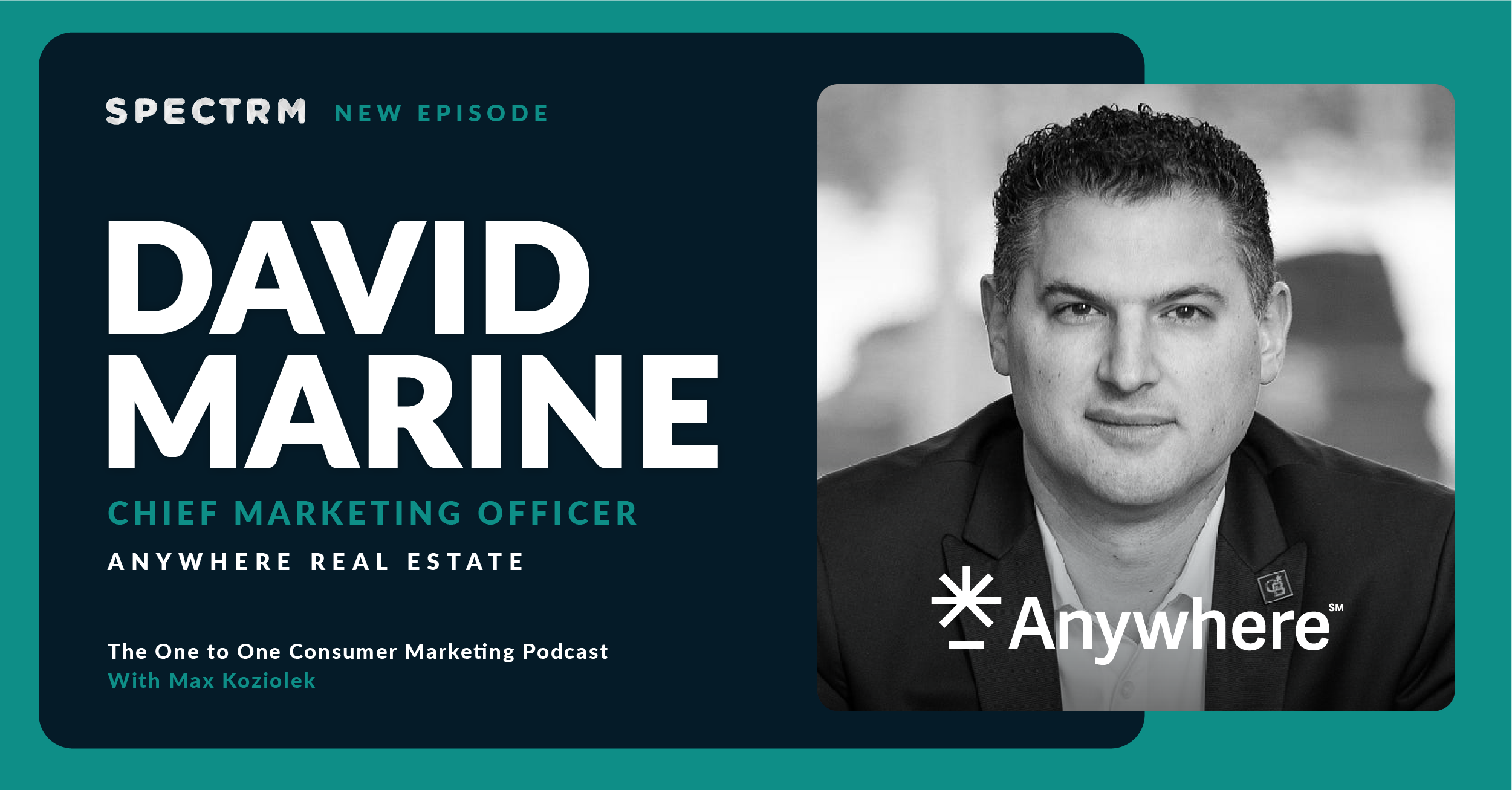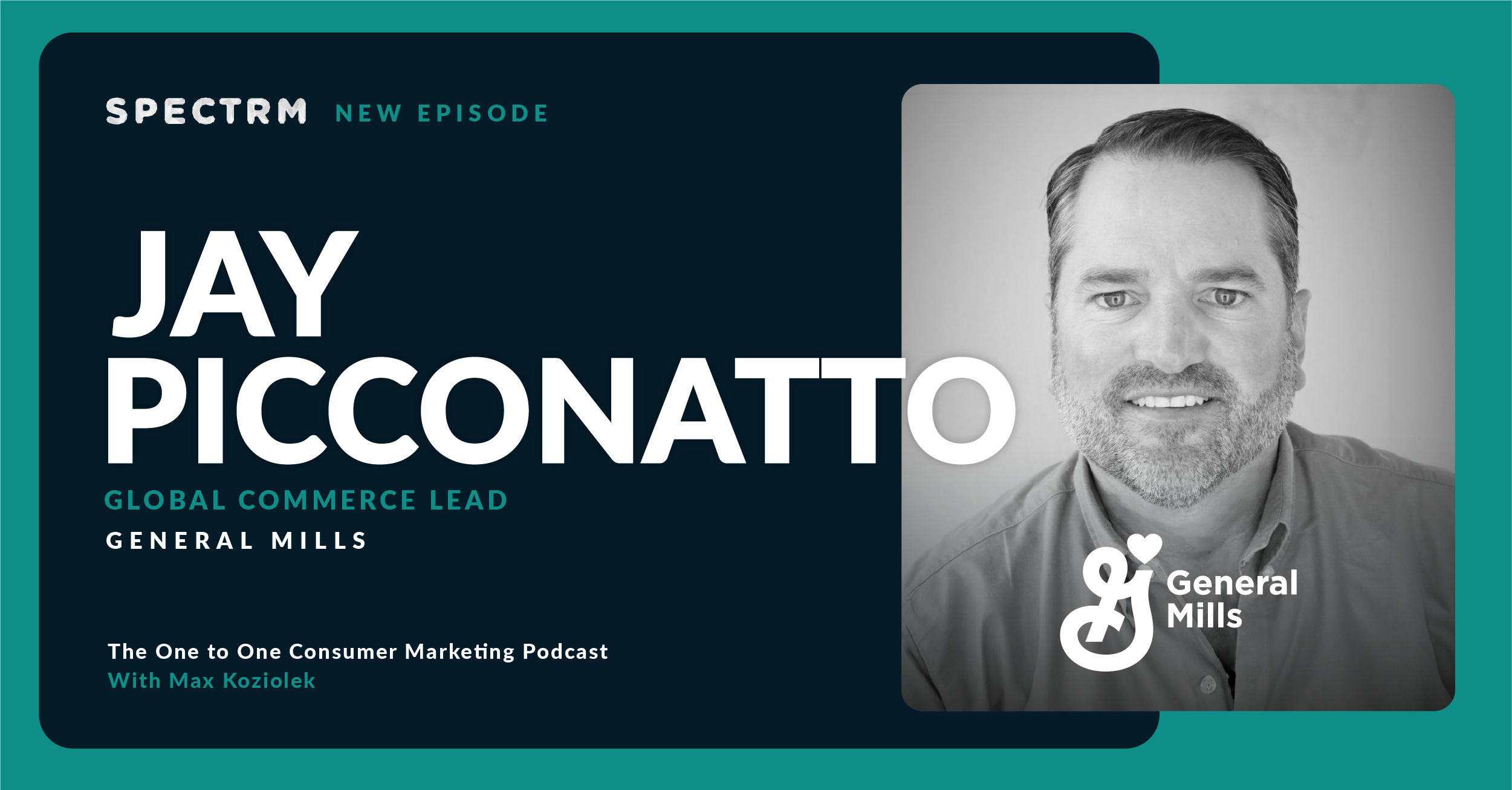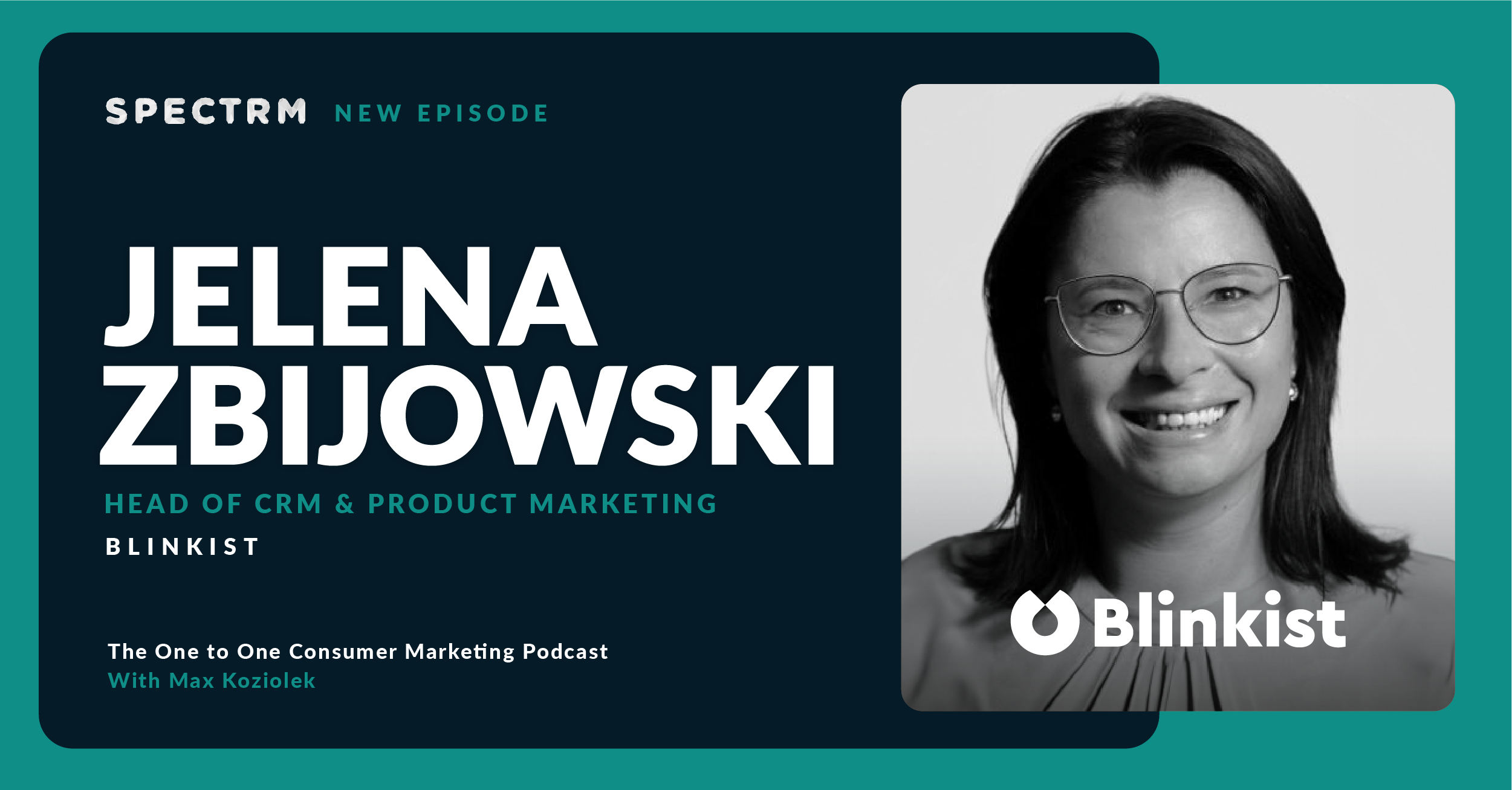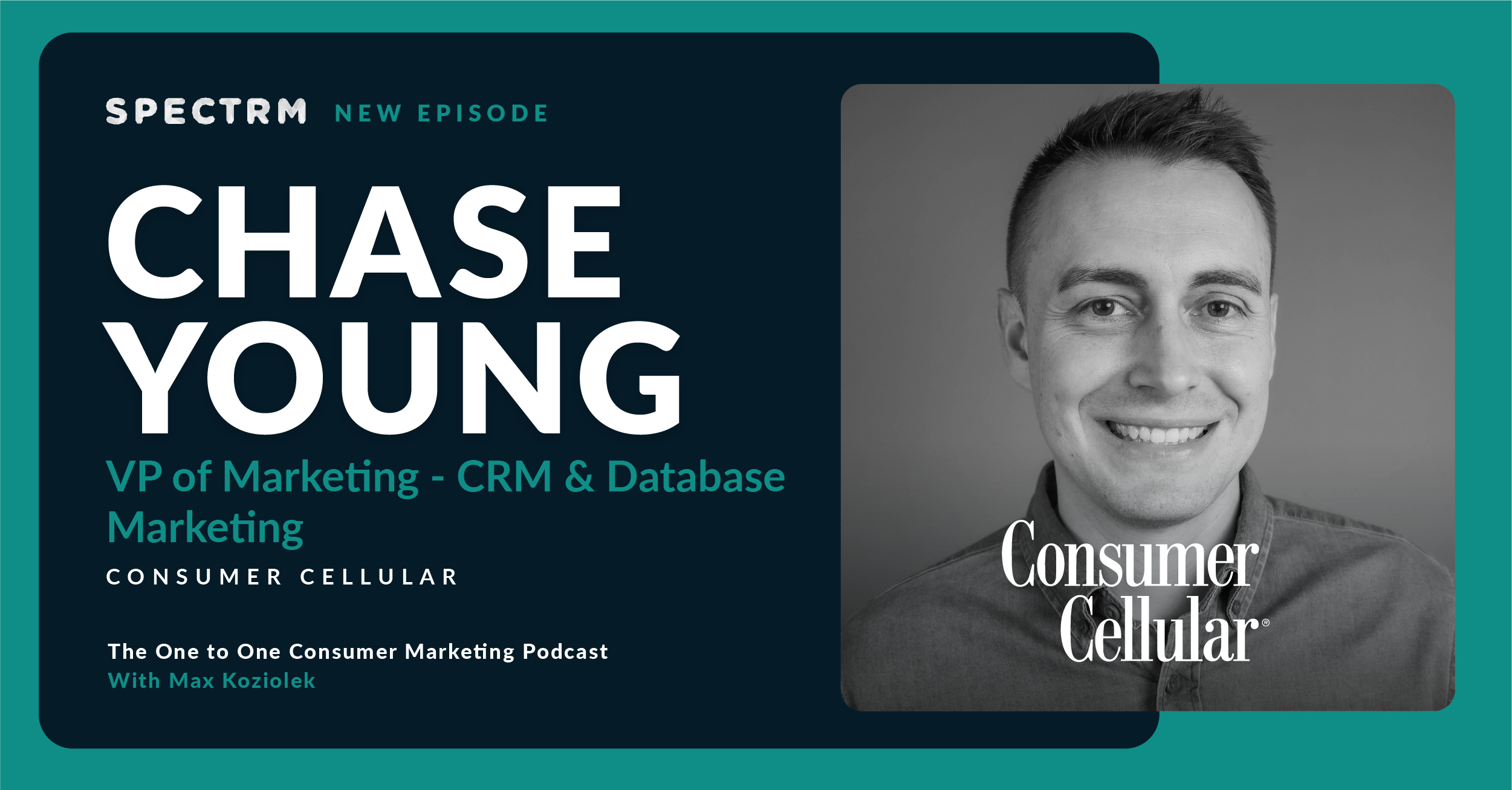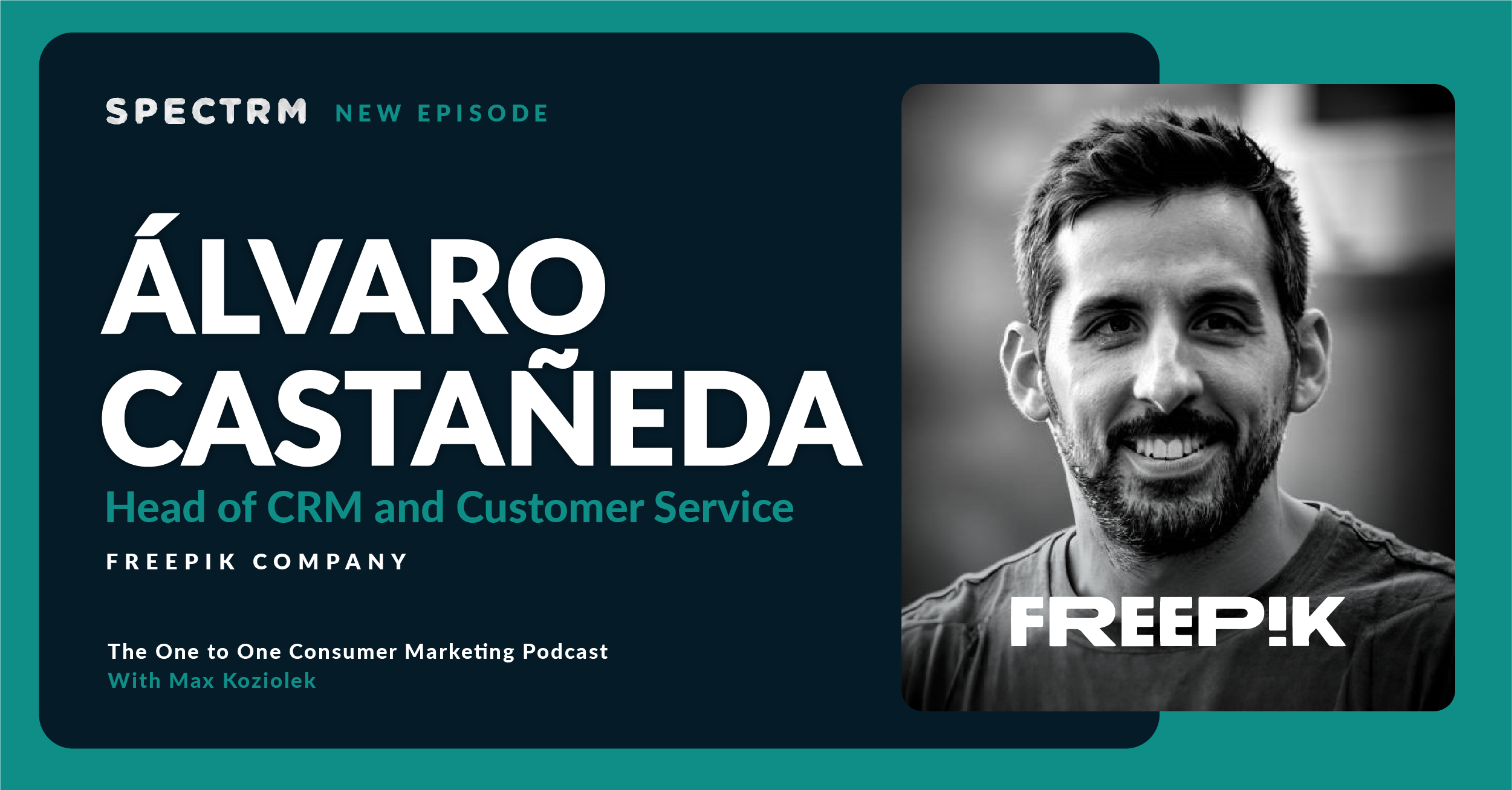Summary
Max speaks with Jacob Fenton, VP Customer Experience at StockX. They discuss how StockX prioritizes listening to customers and engaging with them organically on community platforms, using their feedback to guide new initiatives. They also talk about why customer service issues are also brand issues, how they use technology to improve the seller experience, and what customer sentiments will drive brand messaging in the future.
Topics discussed
- How StockX builds organic engagement through influencers and community platforms, where they can educate on or reframe brand messaging.
- The importance of having a robust customer listening program that can guide new initiatives.
- How StockX uses technology and account managers to improve the experience and relationships with sellers.
- Why a customer service issue is really a brand issue and how they work to understand and solve customer concerns.
- How they’re solving their biggest challenges of shipping speed and quality.
- Why customer interest in what brands stand for will drive brand messaging in the future.
- Advice for early career marketers around prioritizing and choosing the people you want to work with.
If you look forward into the future about how do I think customers are kind of going to be thinking about brands over the next couple of years? You've heard a lot of people talk about, hey, I need to believe that this company stands for something important. I need to understand how they treat their employees. I think all that stuff is going to continue to be driving forces behind brand messaging in the future. And we've seen that in a lot of what we hear from our community.
Guest biography

- Customer experience and product marketing leader with over 15 years of experience in the e-commerce, crowdfunding, software, and IoT industries. As the Vice President of Customer Experience and Insights at StockX, the world’s first stock market for things, he leads a global team of researchers, analysts, and marketers who are passionate about creating amazing products and experiences for our customers.
Company overview
A global platform offers unique access to current culture while our data-driven, bid-ask model provides buyers with the real-time visibility to know they’re getting a fair price.
Industry: software development | www.stockx.com
Subscribe to the podcast newsletter
Transcript
Jacob Fenton
If you look forward into the future about how do I think customers are kind of going to be thinking about brands over the next couple of years? You’ve heard a lot of people talk about, hey, I need to believe that this company stands for something important. I need to understand how they treat their employees. I think all that stuff is going to continue to be driving forces behind brand messaging in the future. And we’ve seen that in a lot of what we hear from our community.
00:32
Max Koziolek
Hey, everyone, and thanks for listening to the one to one consumer marketing podcast today. I’m speaking with Jacob Fenton, VP Customer Experience at StockX. Thanks for chatting with me today.
00:41
Jacob Fenton
Thanks for having me, Max.
00:43
Max Koziolek
Jacob, with a diverse career spanning Amazon, GoFundMe, and now Stockx, could you share a bit more about your background and your journey?
00:50
Jacob Fenton
Yeah, sure. So I got into tech around 15 years ago, started at Amazon in product management in their digital devices business, moved back to the midwest and took a job with a company called Crowdrise, which was a fundraising marketplace and was there for a little bit before they were acquired by GoFundMe in 2017. Then I worked my way over to Stockx in 2018, which at that time had just closed their Series B round and made them really the first official Detroit unicorn. So I was really happy to kind of get back to some of my e-commerce roots, and I’ve been here ever since.
01:24
Max Koziolek
Sounds amazing. That sounds amazing. Can you tell us a little bit more about what does Stockx do and how they do it?
01:31
Jacob Fenton
Yeah, sure. Stockx is a live marketplace for really the most coveted goods in culture today. So things that you have a hard time getting your hands on. We started our journey really in sneakers. Right. And I think that’s where maybe many of your listeners aren’t familiar with Stockx, and it’s still a huge part of our business. But we’re a two sided marketplace, so we don’t hold on any inventory. We have buyers and sellers, and we step in the middle of that transaction, every seller sends their item to us and we verify those items through a rigorous multi step verification process. We make sure it’s exactly what the buyer expects, highest quality, et cetera, and then we send it along to the buyer. I’d say unlike other marketplaces, we don’t have a listings model. So there’s one product page.
02:20
Jacob Fenton
So if you’re trying to find a shoe or PlayStation five, for example, you would go to our product page and you’d see very transparent pricing about what is the market value this item at. So everything is on a bid ask model. Think of it like a stock in the stock market. And so there’s just an unmatched level of pricing transparency for the secondary market.
02:42
Max Koziolek
That makes a lot of sense. I saw a little bit of a graph for each item you have that reminded me a little bit about, I don’t know, Google flights. That shows you how the price volatility goes up and down, but the consumer landscape is quite evolving over time. How did you came up with this model? What do you think are the strength around this? Because I have the feeling that consumers are very passionate about the items, the sneaker hats. Right. Or the famous ones coming to the site. So how is it that this model is so successful around the globe?
03:15
Jacob Fenton
I’d love to say I could take credit for coming up with the model. I can’t. But I think at its core it’s the free market. Right. I think supply and demand is a concept that resonates with people. It makes a lot of sense, particularly in the resale market. I think when people are able to see like, oh, this is exactly what somebody paid before me, it gives them a level of trust and confidence that they’re getting a good deal, especially when they’re not sure if the item they’re getting is real, if it’s going to be in high quality, which is a problem with a lot of other marketplaces. So I think just the model has really been the catalyst for such growth.
03:54
Max Koziolek
Yes, that seems to be true because I know that a lot of players attempted to just work and leverage the craziness around a sneaker drop or something like that to figure that out. Stockx managed to do that. But can you tell me a little bit more, how do you coming from an e commerce background, so repurchase or getting customer buying more than once? Because you have customer acquisition costs to make sure they know your brand and then make you have a purchase, do that purchase there. How do you, is that in this kind of passion industry? Right. So a lot of sneaker has. How do you make sure that they are coming back or they’re coming back naturally because they’re just generally interested in the industry and just want to own five pair of rare sneakers instead of one.
04:37
Max Koziolek
So how is this customer retention working for you?
04:40
Jacob Fenton
Yeah, I mean, listen, that’s the whole ballgame right there, right? So there’s a lot of things that we do to address that. First of all, you’re right. Sometimes people can’t afford five sneaker grails throughout the year. And so over the last several years, we’ve really grown our offering. So while we started off in sneakers, we are now in like six or seven verticals. So we sell apparel and accessories, trading cards, collectibles, electronics. And so that growth there has helped to kind of spur some cross category purchasing. So that’s one thing, and that’s an important vector of growth for us. I’d say, really, though, it’s like anything else, you have to connect with customers on a very organic level. I think customers are looking to a company like stockx to be authentic, to be true to the creators of these products.
05:30
Jacob Fenton
And we’ve tried to really do that with a lot of our marketing communications. So it’s not just kind of traditional top of funnel. We spend a lot of time and effort on influencer campaigns, making sure we’re not only connected with influencers, but the right types of influencers. So, for example, gaming was identified as an area of great growth for us. And so we did a partnership with a woman named Chica, who’s a huge gamer on Twitch, and she represents an area of our customer that is super passionate, and it’s been a great partnership for us.
06:04
Jacob Fenton
We’ve also really been trying to engage on some more community driven social platforms like Discord and Reddit, and that’s been also really successful because a lot of them are moderated by our customers and it’s just creating more of a relationship as opposed to, hey, StockX, just throwing content down our throat. So we want to have that push and that pull. And I think some of those are just a couple of examples of how we’re trying to think differently about engaging with those customers and building that lifetime value and that lifetime trust.
06:34
Max Koziolek
That’s very fascinating. Can I double click on the community aspect? Because I think a lot of brands I know would be quite scared of handing over control to moderators on Reddit or on Discord, which are not on the payroll. So how do you manage that?
06:49
Jacob Fenton
Because I can believe that this is.
06:51
Max Koziolek
Really successful because these platforms have a lot of traction, a lot of trust. But how do you keep the balance here of getting the right message across, but also control?
07:01
Jacob Fenton
Well, I mean, listening to balance. Right. I think, keep in mind that these conversations are already happening. Right? So they’re happening whether they’re on discord or on x or wherever platform they’re on or whether it’s amongst customers. So there’s only so much control you have. I think you got to let go of the control a little bit. You have to understand these customers are going to say what they want about your platform. But I really think it does allow you to kind of reframe things or help to educate people on the importance of your service. So I mean, take for example, trust. Right? Everyone talks about trust. Customers, of course, have to trust your platform. But I think we learned over the last several years we charge fees for our transactions and a lot of customers don’t like paying fees, naturally.
07:49
Jacob Fenton
So it’s important for us to explain to them why we are in the middle, why it’s important. And that’s kind of caused us to invest in a lot of different initiatives. One is a program called details verified, where we are showing really detailed videos of the sneakers or of the items showing what we’re looking for when it comes through one of our verification centers. And that is now showing up on a lot of our product detail pages. So it’s really like when a customer comes, they start to see that value. And so we’re taking what’s happening on those social platforms and helping use it to inform some of our brand messaging and our strategy.
08:28
Max Koziolek
Yeah, that makes a ton of sense, just realizing that how much of a harder job you actually have compared to other ecommerce players. Because as an ecommerce company, I have, I would say that, let’s say take a normal b, two C brand, I have to produce the product and I have to ship it to the customer, hopefully fast. Right. So that’s my job. That’s already something that a lot of d, two C brands are struggling a lot with. But you have a whole other process on the other side. Right. So someone needs to send the sneaker to you have to verify and then ship it to us. And that needs to feel like an ecommerce transaction for the other site, even though it isn’t.
09:06
Max Koziolek
And there’s a lot of, because you make it as easy as ecommerce, the expectation is there and it’s very easy to fulfill that expectation. I can imagine. So that sounds like a very tough operational job that is happening on the other side that needs to be hidden from or it needs to be as good as possible for the customer.
09:24
Jacob Fenton
Yeah, you hit right on it. We’re active in over 200 countries and territories. We have verification centers all around the world, just over cyber five. We were doing a transaction every second. So sometimes people don’t appreciate the scope of our operation. But you’re absolutely right. Amazon and other e commerce companies have trained customers to get it fast and get it. So, you know, we want to, of course, do that. And so one of the things that we just recently launched actually is a new program called Express Ship. And express ship is different from our traditional model. Right. In our traditional model, if you’re selling something, you match by bid and ask, and then you send it to us, we verify, and then we send it along to the buyer. With express ship, we’re actually working with our professional sellers.
10:11
Jacob Fenton
We hold their inventory, we pre verify it. They still manage all the pricing, and then we are able to match a buyer and then ship it same day. So it goes from having that delay that is kind of normal with Stockx where they don’t get it in two, three days, like on Amazon, they get it closer to a week. Now we’re making sure we can get it to them in three days. And that’s really a game changer for us and really for our customers because they want it, like right now. Tomorrow, I believe, is our deadline for getting people gifts before Christmas. We’ve never been able to tell customers that before. We’ve never been able to say, hey, purchase by the end of December 19 and you’ll get it for Christmas, because we not had control over that first hop of the value chain.
10:57
Jacob Fenton
Right. And so expressive is a big step in the direction of getting to faster delivery and kind of like a more ecommerce standard.
11:04
Max Koziolek
That’s fascinating. And you in your current role, when you look at you have buyers and sellers. Marketplace always is hard because you have to divide your attention into both sides to make both happy, attract more of them each side. So if a marketplace comes out of balance, that can get very nasty. So how do you manage your time and your day to day around keeping both sides happy?
11:29
Jacob Fenton
Great question. I think last year we did a ton of work on the sell side from a product. You know, a couple years ago we acquired a company called Scout, which is an inventory management platform. We have a program for our sellers called Stockx Pro. We’ve introduced a series of APIs to let professional sellers kind of plug into the back end of Stockx to make their experience more effective, more streamlined. And so that has given us, I guess, the platform to be able to more effectively communicate with sellers. Right. And explain to them our value proposition. So we have to do that. The other thing I’d say is we have a team of dedicated account managers as well. These people are all over the world and they’re working with these professional businesses to make sure that we have the supply when we need it.
12:17
Jacob Fenton
And they’re building and growing those relationships with our power sellers. The power sellers really drive the flywheel. Right. We can’t market the buyers if there’s not supply. And more importantly, you mentioned some of the challenges of marketplaces. It’s not just supply, it’s well priced supply. That’s the key. Right. Because there has to be sell through. Sellers want to sell their product, buyers want to buy their product. And so we have to do all these things to make sure that we’re facilitating an easier transaction. But I think we’re really just at the beginning of our journey of talking to sellers because that’s more of a b to b type of marketing journey.
12:54
Jacob Fenton
I think professional seller services, account management stuff that’s very thought of as very b to b versus the other side of our marketplace for the buyer is very customer driven and so we’re building that expertise as we speak. It’s a huge area of growth for us and particularly with express ship and some things we have coming out next year, it’s only going to become more important for us.
13:15
Max Koziolek
Yeah, I love that you provide an API for professional sellers. I think not even an Airbnb thing in this marketplace as well, or uber I think would consider to are doing that. So that’s amazing because it shows how much you care about them. Also building on top of your platform, extending their really remarkable when it comes to the future because you’re already looking a little bit out there. What excites you the most over in 2024 in terms of marketing trends, developments and so on? Yeah.
13:51
Jacob Fenton
So let me answer your question just by telling you a little bit about my role and why I think it informs my decision. So I have three main areas that I look after. One is marketing strategy and analytics. Right. Which is exactly what it sounds like. A lot of the quantitative analytics that helps drive our product development. The other side of that, I also look after our qualitative research insights. So we have a customer research team, they do focus groups, they do surveys, mps, all of our voice of the customer programs. Then the third element is product marketing, where we’re working with our product management teams to drive commercialization of our various products and features. And so I think having that wide range helps to inform kind of my answer about the future.
14:34
Jacob Fenton
And I think the answer to that question is really all about customer experience and customer centricity and always trying to connect with customers on a one, one level. And so one of the ways we’re doing that is we have very robust customer listening programs. And I know a lot of people say they want to survey customers and listen to them and we do that. But really the gold is kind of in the in between. It’s in reading between the lines. So I’ll just give you a couple of examples. I think earlier in the podcast, I mentioned how we’re kind of doubling down on details verified, which is an example of us trying to kind of show what we’re doing with the products when we receive them to build that trust. Another one is gifting.
15:21
Jacob Fenton
So yes, we heard from customers that they want to be able to have gift cards, but that wasn’t really what they were saying. What they were saying is they were saying, hey, it turns out like one out of every five purchases I’m giving to somebody else. And so that insight, we always suspect it to be high, maybe not that high. And I think what it did for us as a company is it made us rethink our strategy around gift giving moments. So you think about Mother’s Day, Valentine’s Day, Father’s Day, certainly Christmas. And so taking those insights and then informing kind of our product development roadmap. So we’ll be in the very near future rolling out some options for people who are looking really to give gifts in the easier way.
16:01
Jacob Fenton
So for me, the future is really listening to customers at various parts throughout the journey and being hyper personalized. Another example is we’ve had, rightly or wrongly, some customers get really frustrated when something does go wrong, right. Something goes wrong with their order. They want to reach out to customer service. And so that, in my opinion, that’s not a customer service problem, that’s a brand problem. Right. And brand is very much a marketing initiative. So if customers think that there are improvements that need to be made in customer service, that’s really just as much of a brand issue as it is a CS issue.
16:38
Jacob Fenton
And so we’re doing a lot of work on the CS side to make sure that we’re leveraging the most advanced tools in AI and machine learning to truly understand why people are calling and differentiating between whether there’s an issue with the platform, whether there’s an issue with our policies, because those are two very different things and just helping know have a shorter timeline to excellence, as we call it. So really, I think those are some of the things that I think 2024 is going to all be about. I know everyone says AI, that’s the term nowadays, but it really does unlock just an incredible opportunity for us to personalize the experience for customers throughout, really their journey on stockx.
17:19
Max Koziolek
No, I like that a lot because indeed, especially also here on this podcast, if I ask people about what is exciting for you in the next coming years or next year, it’s always AI, which I understand, but there are different parts of that. Right. So for some people it’s generated AI and I could potentially create an email or a message or whatever for a lot of more different segments, audience groups or even one to one. Right. If I want to do that. But you are pointing to a different thing and that is using this crazy advanced understanding of language to read between the lines what people actually want in, for example, customer service, in social listening, in communities and so on, and inform based on this business priorities to improve the entire experience or even thinking about brand. Right. So that’s really interesting.
18:10
Max Koziolek
I think that’s a different take we have not heard so far on this.
18:13
Jacob Fenton
Yeah, I think if you look forward into the future about how do I think customers are kind of going to be thinking about brands over the next couple of years? You’ve heard a lot of people talk about, hey, I need to believe that this company stands for something important. I need to understand how they treat their employees. I think all that stuff is going to continue to be driving forces behind brand messaging in the future. And we’ve seen that in a lot of what we hear from our community. And so I think having this level of ability to grab those insights is going to be table stakes in a couple of years.
18:49
Jacob Fenton
So as much as I would love to say it’s kind of like a different contrarian take, I think that you’re going to see this be very much table stakes, very much something that companies are all going to kind of navigate towards in the coming years.
19:01
Max Koziolek
Yes, but it’s also a question of priorities and speed. Right. So if you’re the fastest to implement on that front, I think then that will be a huge advantage on that. And especially I like the brand component because that makes a ton of sense for me to say, okay, there is maybe a different core problem. Right. So how do I perceive the brand? Maybe it also could be the policies. It’s not a different issue. That makes a lot of sense to have a closer look at that, to figure out what’s a real issue, to switch gear a little bit. You have these marketplaces, you have this global reach, you have very complex operations. But if you look at all of this, what do you think is currently your biggest challenge, especially in the marketing field, and how are you tackling that?
19:45
Jacob Fenton
I mean, for us it’s really about speed. I mentioned express ship earlier. We really want to get items to people faster. People want to make sure that they’re going to get what they want and that they’re going to get it in a short period of time. Because sometimes imagine you’re a buyer, right, and you want something really badly and then the seller sends it in, but it’s not real or it comes in and it’s not the quality with which you would expect. Well, as a buyer, I might be frustrated, but the truth of the matter is we want buyers kind of be like, oh, thank you, Stockx. I’m glad that you helped me to not get a product that didn’t meet the standards I would expect. And so it’s about education.
20:26
Jacob Fenton
It’s about helping people understand what we’re doing in the middle of the transaction, why we do it. And it’s a big issue. There’s just a lot of bad actors out there and so we have to be there to help protect our customers against those bad actors. But really, I really want us to be able to continue focusing on speed, getting people things faster. And I think that will help us a ton moving forward.
20:49
Max Koziolek
Makes sense. Makes sense. And also, maybe I’m right to draw that connection, but as you had a background before that at Amazon for me, that, you know, they find the standard of just shipping next day or the same day that you’re now saying, okay, speed is the one that people always appreciate. Makes a ton of sense for me that you’re doing that. But maybe to double down on that, you’re now having a leadership position at a first Detroit unicorn, but really an impressive company. What would be your top three pieces of advice for people starting in that industry or general and marketing?
21:26
Jacob Fenton
Yeah, thanks for asking that. I think a lot of people don’t prioritize who they’re going to go work for enough. And when I say who, I mean like actually the person that they would report to and the team that they would be on. I think when you’re early in your career, that’s what to focus on the most. Because really, when you’re early in your career, what you want to do is you want to learn as much as you possibly can about the domain that you think you’re going to go in and become an expert in. Right. And so that’s one piece of advice I would give to people. It’s over index on the team, over index on who you’re going to be reporting up to. Have they been in the company for a while? What’s your reputation in the company?
22:04
Jacob Fenton
That can be hard sometimes when you’re just getting started in your career to really get a handle on that. But I think really talking to somebody, understanding if there’s a gel, because I think particularly early on, you really want to be able to have a good relationship with somebody, particularly your manager, and make sure you can learn from them. So that’s one thing I would focus on. The other thing I would tell you is like, this is probably you’ve heard this from other guests, but change in ambiguity is the rule and not the exception. And I think there’s a desire from a lot of people to kind of get into a routine with their work. The truth is, as marketers, that’s really not the way it is.
22:42
Jacob Fenton
We have to be able to respond with agility to changing market conditions, to changing priorities on the product side. And so just having that ability to be super focused on the fact that things are never going to be exactly the same from day to day is really a skill you got to get comfortable with.
23:00
Max Koziolek
Yeah, I 100% agree with that. And that trace the opportunity. Right. So if everything stays the same, then there is no real opportunity for someone that is smart and ambitious to make a big leap forward. Yeah. Over index on your future boss, your mentor, potentially, I think very powerful advice.
23:20
Jacob Fenton
I would go, actually, you said mentor. I just want to click on that. Sometimes when you’re getting, I mentioned it’s hard to really know. Right. If you’re starting off in your career, like, hey, is this going to be a good boss? They’re trying to sell you. So it’s hard to know. But I think what you said there is mentor, let’s say you get into a company and maybe you don’t gel in the same way you thought you must find mentors. I think that can help you understand and that you can learn from. And so even if you get into a company and maybe you don’t gel necessarily with your direct manager, there are always opportunities for you to reach out, find somebody that speaks your language, find somebody that you connect with on an intellectual level. And I think that will pay huge dividends.
24:02
Max Koziolek
Yeah. Every person I ever met that was an overachiever or achieved something incredible in their career, always pointing to those kind of mentors and people that took care of them and saw their potential and just helped them to grow and rise much faster than anybody else. But it always comes down to that. Of course, you could say there is an element of some people have it easier to find very powerful mentors and some people have it have a harder time to do that. But I think it’s still 100% sure that this is the number one factor for really rapid career advancements and growth. That’s a good advice. Find your mentor. Find your mentor. We just go trim it down to say, find the mentor, no matter what. Double click on the boss, thrive and change and all those kind of things.
24:50
Max Koziolek
But probably this dementor.
24:53
Jacob Fenton
Yeah, I mean, internally and externally. Right? And so much of business is a people business, whether it’s funny, at Stockx, I’m very much focused on my internal stakeholders. That doesn’t mean I’m not talking to customers all the time. I am. But you need to be able to always engage with others around you, including in your organization. I’m always amazed at how few people will take the initiative to talk to other people in their organization about things that are not necessarily outside of business, like build those relationships, learn what makes other team members tick. Business is a people business ultimately, whether that’s internally or externally.
25:33
Max Koziolek
100% agree. Yeah. So people do that. Write you a different person on Slack, send that email to someone else. Absolutely, Jacob. That’s all we have time for today. But thank you so much for joining. If people want to follow your journey, where should they go?
25:50
Jacob Fenton
Come find me on LinkedIn. Jacob Fenton, Stockx, you’ll find me. I like to talk about customer experience, leadership, Brand. So you’ll see me out there.
26:01
Max Koziolek
Sounds good. Thank you so much again for joining. And we’re looking very much forward to see how Stockx is further expanding and keeping people safe, and also to see how you execute on that journey, on that vision. Thank you so much for joining.
26:13
Jacob Fenton
Great talk about DMX.
